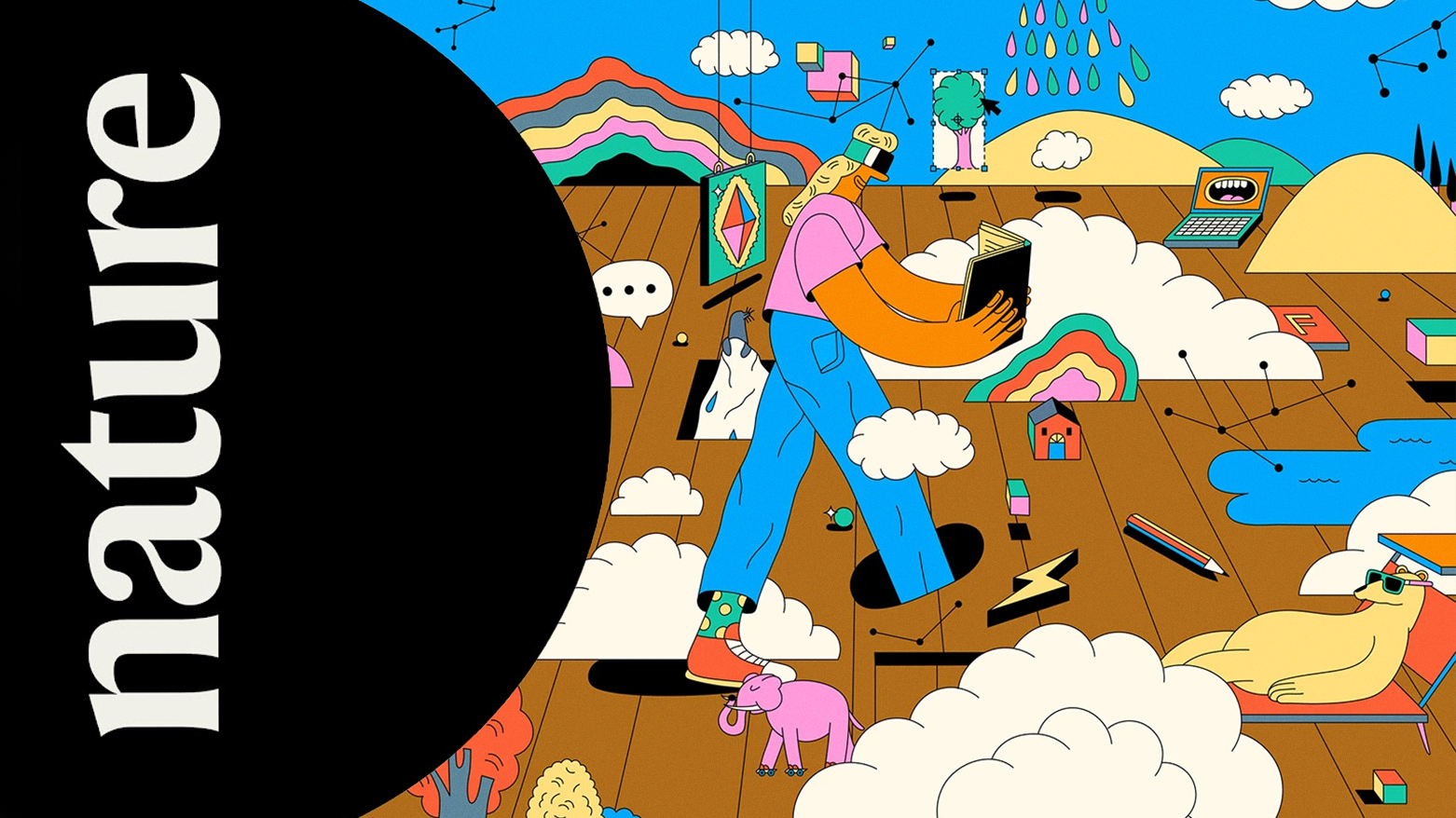Top reads of the summer, engaging books recommended by Nature's contributors
These books, spanning various fields and themes, are highly recommended for readers looking to expand their knowledge and perspectives this summer.

ERBIL (Kurdistan24) – Nature’s recent contributors have shared their top book recommendations for the summer, highlighting a variety of compelling reads across diverse subjects.
From environmental challenges to the intricacies of human consciousness, these books offer something for everyone.
Marginlands by Arati Kumar-Rao (Pan Macmillan, 2023) explores the devastating impact of climate change on India’s most fragile landscapes. Kumar-Rao provides a powerful narrative on how poorly planned infrastructure exacerbates the climate crisis, but also showcases stories of hope and resilience among the affected communities.

Ignorance by Peter Burke (Yale Univ. Press, 2023) takes a humorous yet critical look at the role of ignorance in society. Burke discusses the concept of 'ignorance management' and examines how a lack of knowledge can be both beneficial and detrimental, drawing from historical examples like the Chernobyl disaster.

In How Infrastructure Works (Riverhead, 2023), Deb Chachra reimagines our everyday systems, from electrical grids to telecommunications, as intricate and fascinating. She argues for systemic transformation to make these infrastructures more sustainable and equitable in the face of climate change.

Simona Ginsburg and Eva Jablonka’s Picturing the Mind (MIT Press, 2023) delves into the consciousness of animals, using vivid illustrations to explore the potential for consciousness in creatures like crabs and shrimps, drawing on their philosophical and biological expertise.

Visions of Inequality by Branko Milanović (Belknap, 2023) is a deep dive into the history of economic inequality, examining the views of six influential economists. Milanović offers insights into how these historical perspectives contrast with modern neoliberal views.

Infinite Life by Jules Howard (Elliott & Thompson, 2024) is a detailed exploration of the evolution of eggs, from Precambrian oceanic cysts to modern bird eggs. Howard’s book stands out for its affectionate and nerdy examination of this fundamental aspect of life.

In The MANIAC (Pushkin, 2023), Benjamín Labatut presents a semi-biographical narrative centered on John von Neumann, a pivotal figure in the development of early computers. Labatut intertwines history and fiction to explore the implications of technological advancements.

Wild Girls by Tiya Miles (W. W. Norton, 2023) highlights the stories of women who used their knowledge of nature to escape confinement and contribute to their communities. From Harriet Tubman to Anna Julia Cooper, Miles brings to light the often-overlooked influence of women in environmental history.

A Body Made of Glass by Caroline Crampton (Ecco, 2024) reflects on the author’s experience with hypochondria and the broader implications of health anxieties in the digital age. Crampton’s exploration of the intersection between personal health fears and online information is both timely and resonant.

Finally, The Tangle of Science (Oxford Univ. Press, 2023) by Nancy Cartwright and colleagues challenges the traditional views of scientific methodology. The authors argue that reliable science depends on a complex interplay of methods, tools, and human elements, making a case for a more nuanced understanding of scientific practice.

These books, spanning various fields and themes, are highly recommended for readers looking to expand their knowledge and perspectives this summer.